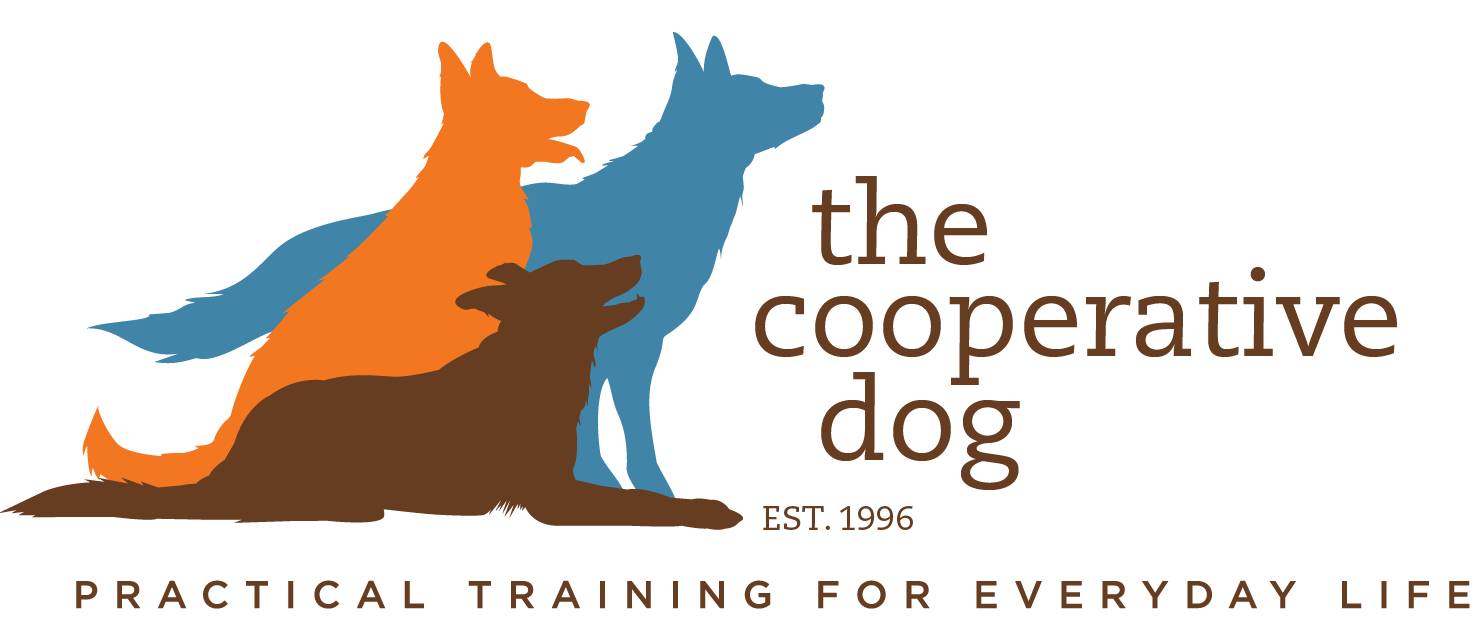The mistake most people make with regard to choice of breed is that they only think about what they like about the breed. They do not consider the problems that come up especially as a result of lacking early socialization and training. Some breed considerations:
Beagles howl… condominium neighbors probably will not be too tolerant if they work from home or you keep late hours and leave your dog home alone.
Herding dogs chase and control groups of animals… children need to be kept safe from ankle gripping corgis, border collies, shelties, belgian sheepdogs, english shepherds and others. Herding dogs tend to bark a lot while working and ‘having fun’ (aka, influencing and attempting to control others!). These delightful wiseguys and gals need to be taught humanely to not chase cars!
Labradors and retrievers do not come with automatic soft mouths and are often destructive chewers. Whether your labrador or retriever is a black lab, golden retriever, labradoodle, golden doodle, chesapeake bay retriever, duck tolling retriever, or a mix thereof, s/he must be taught to retrieve and many, if not exposed to water early, may not ever love to swim.
MULTIPLE SMALL DOGS are easily injured through normal handling with many being seriously injured by the hugs by small children. The use of harnesses rather than collars is advocated by veterinary ophthalmologists. The Bichon frise and many other toy breeds may never be totally housetrained without extra extra extra effort and patience with the dog as a puppy and an adolescent dog.
Hunting dogs are amongst the most active dogs and have substantial exercise requirements. A minimum of two hours of off-leash exercise every morning- not just on the weekends – in addition to mid-day and early evening outings may be entirely necessary to satisfy the dog and make him one you can live with.
Terriers work alone going into burrows and what not to trap with their feet or grab-bite-shake-kill vermin. They are tenacious and many very willing to take on the challenge of the day. Among the terrier breeds that many find most challenging are the border terrier, welsh terriers, jack russell terriers, patterdale terriers, west highland terriers (aka, the westie). Be prepared to keep these little titans busy and under control.
Hounds track and hold prey animals (some very large as with the American Bulldog and the Catahoula Leopard Dog), at bay waiting for the slow human(s) to come with the gun(s). Their job is to use their fabulous noses to air scent and off leash in the woods (or anywhere) may be dangerous if you have not installed a reliable recall.
Large protection breeds are generally not good running buddies… for one, they’re suppose to wait and watch and survey and protect… and thus, their work is not about endurance but of power and speed and intimidation. They are also among the short lived dogs and as such, require substantial serious early training so their lives are ‘on to the good’ and not plagued with behavior problems due to insufficient effort and commitment by breeders and owners early in life.
Mixed breed dogs can manifest behavior of both or multiple breed inputs though, for instance, a herding dog mix may demonstrate proficiency or preference (and delight in!) to chase and split or lump groups of dogs while playing at the dog park but not ever show a tendency to grip. If you’re curious about the exact mix of dogs in your dog, you can purchase the Dog DNA test kit though it seems to be not so useful. Generally, a dog is a dog and all dogs need training.
A training plan should be in the works the moment you decide to get a puppy and every rescue dog, no matter how young or how old, needs training with YOU right away. There is literally no time to lose in getting off on the right foot in developing your canine best friend.
Vera E. Wilkinson CDBC, CPDT-KA
